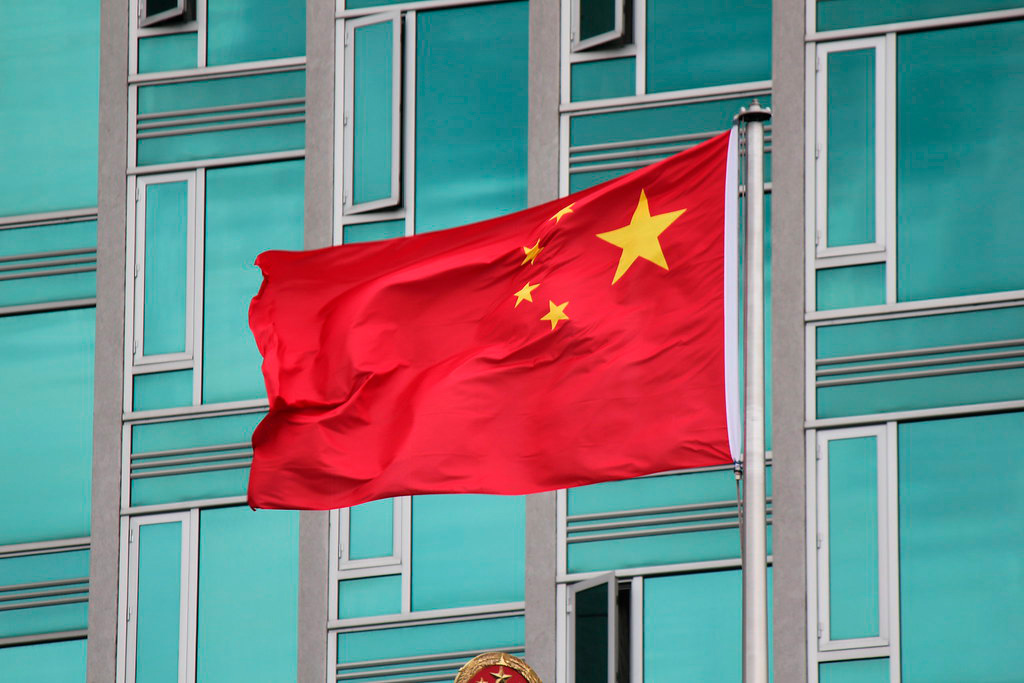The recently amended anti-espionage law by China’s legislative body, which is to takeeffect from 1st of July, has raised come critical concerns regarding Beijing’s authoritative
characteristics that seeks to viciously intimidate foreign investors, businesses and international journalists. The amendments that were approved by China’s rubberstamp
legislature, expanded the scope for prosecuting activities under the anti-espionage law and brought under its authority draconian prospects that could be used to target individuals without due cause.
The expansion of the Counter-Espionage Law has in turn provoked significant worry among the international diaspora’s residing in the country, much so due to the extent of the newly amended law coming into force. The law will invariably hamper the ability of international business communities in conducting their business with ease and would
directly put their liberty and well-being of their personnel in risk of being prosecuted. A section of the amendment that has received criticism has been the expansion of the
definition of offenders from people who ‘join or accept tasks from’ an espionage organization to those who ‘take refuge in it’. More so, the widening of ‘state secrets and
intelligence’ to ‘other documents, data, materials and items related to national security and interests’ have also been expanded to come under the ambit of prosecution within the strict law.
The revised law also allows Chinese authorities to impose exit bans individuals it perceives to be working for foreign agencies irrespective of their nationalities. These recent developments not only expanded the scope of punishment but also increases the chances for foreign nations to be harassed and subjected to Chinese surveillance under
circumstances that the government could deem to be against its national security. Not only are foreign journalists and international businesses going to face significant heat, China’s local communities too would have to bear the consequences of such enactments. Thus, this would also lead to international engagements from the Chinese communities seeing a sharp decline owning to the threat of falsely being charged under the draconian law.
Moreover, the effects of the law taking shape had already been in the making with the prosecution of many prominent individuals. A specific case where a more than a dozen
espionage charges were levied against a prominent Japanese businessman accused of threatening China’s national security can be seen as the beginning of the authoritative
Chinese state’s intention of prosecuting prominent individuals. Ironically no evidence has yet been produced so far to substantiate the charges and the businessman has not been reported to be seen publicly since the draconian charges took shape.
The amendments to the anti-spying Law, which was originally enacted in 2014, also depict Xi Jinping’s latest extension of China’s growing securitization of is domestic laws as well as national security-related legislations. The securitization process also includes some other critical law such as the 2015 National Security Law, the 2016 Cybersecurity Law and the 2021 Data Security Law.
These developments have also been complimented with a complete shadow banning of crucial judgements from Chinese courts that are prosecuting such cases. The once available open-source data, have been restricted from public scrutiny in order to hide the true merits of the facts which invariably point against the prosecution of foreign individuals. This has also raised fear amongst the international student communities that have been studying in the country and could be at the fore front of such unwarranted risks.
More importantly however, the fact that the legislation permits and even so encourages the surveillance of foreign nations, should be seen as a calculated attempt to subvert foreign communities and perhaps even use them to gain brownie points domestically by propping up proposition of foreign interference amidst a stagnating Chinese economy that is still dealing with the consequences of a stringent lockdown.
Xi Jinping’s authoritative control over the activities within the state has seen no bound since its quest of exerting control over the actions of its citizens and foreigners alike. The range of security laws enforced during Xi’s tenure has outpaced even Mao Zedong’s reign of terror that was once understood to be unfavourable to dissent. The cultivation of hypervigilance within the security apparatus as well as the civilian population through hegemonic tendencies is invariably leading to the securitization of the Chinese community as a whole- which in any case does not sit well for the international community at large.
These securitization attempts are also in part of the Communist Party of China’s (CPC) larger prerogative of propping up its military conflicts that it is seeking to provoke in the
near future. Thus, such assertions by the CPC should be seen in full owing much to its desire of dominating and dictating the terms of its rise to power in the expanded region. The antiespionage laws are therefore a means to an end for the Chinese security state where a complete threat perception can be created in order to justify its regional authoritative and military actions.

